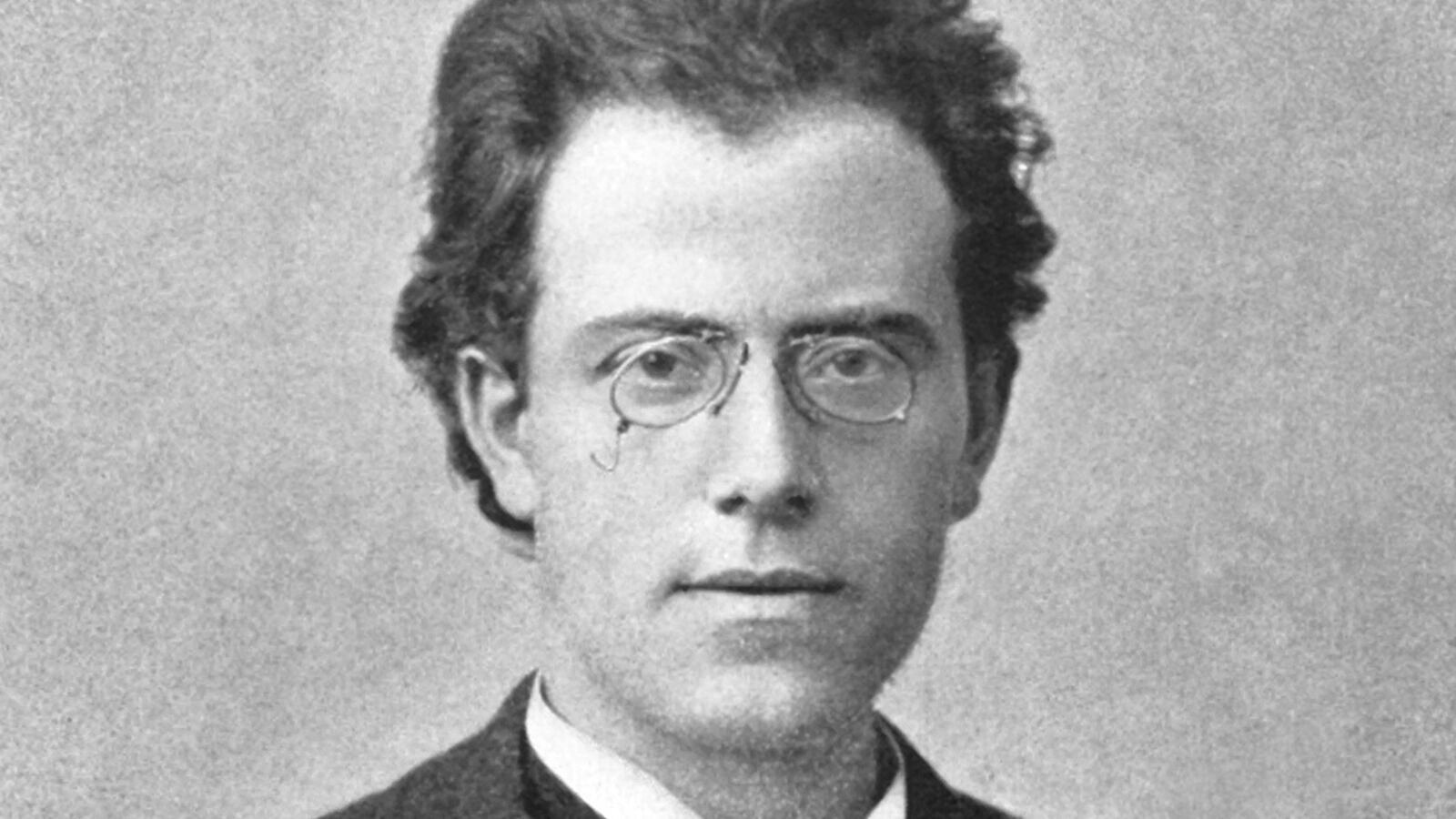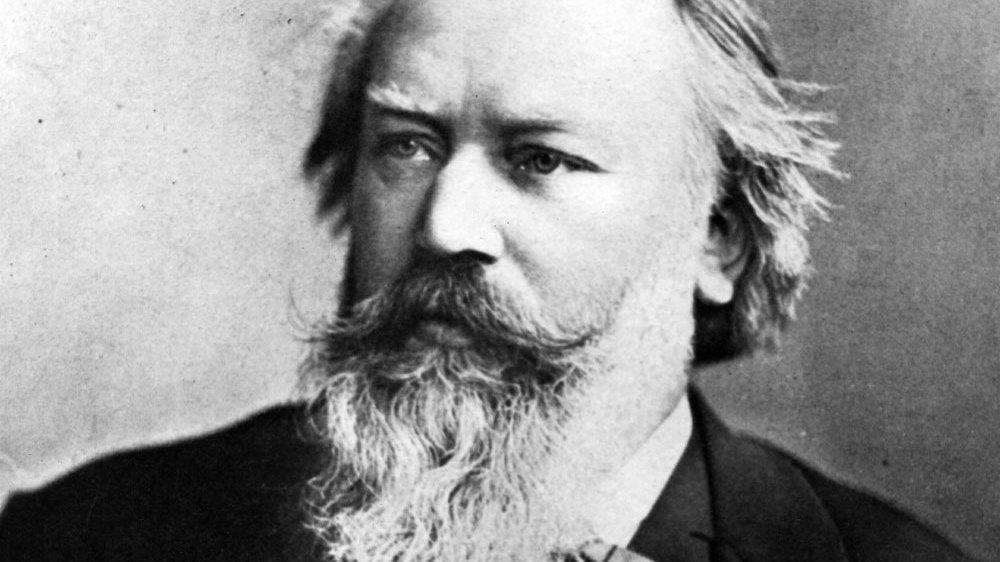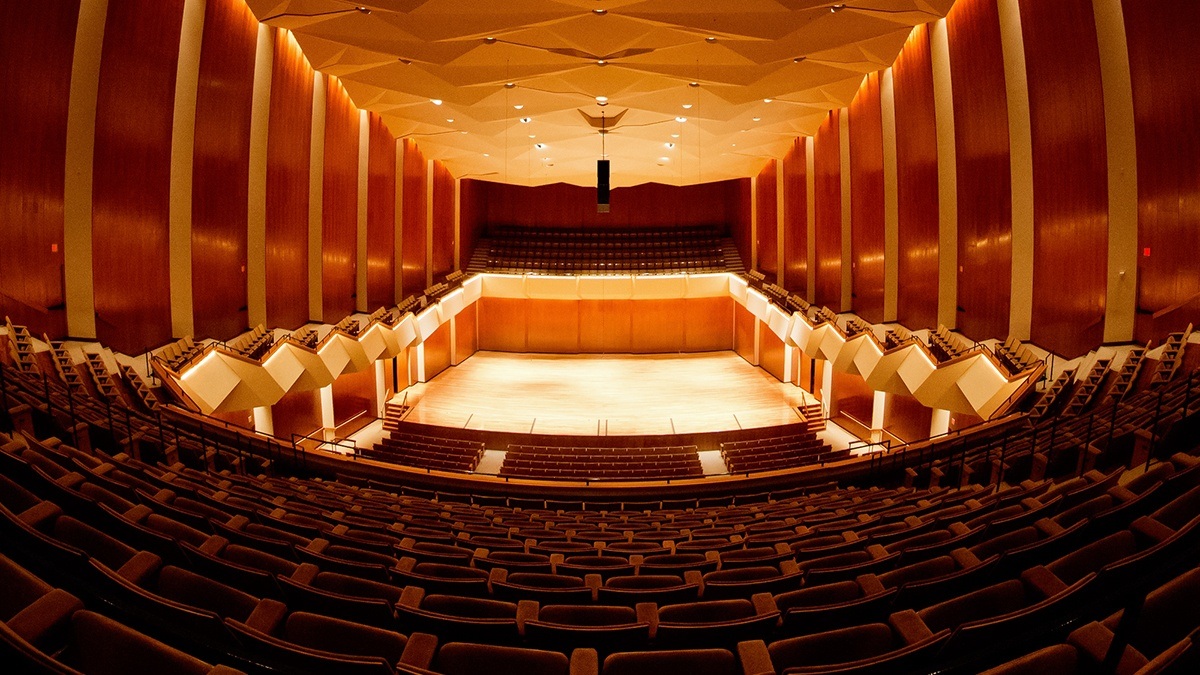Haydn’s Symphony No. 39: “Tempesta di mare”
Franz Joseph Haydn’s Symphony No. 39 takes us on a wildly exhilarating and tempestuous ride. It’s no wonder that this symphony, written in 1767 around the time Haydn became Kapellmeister for Prince Nikolaus Esterházy, earned the poetic nickname, “Tempesta di mare,” or “storm at sea.” Set in a turbulent G minor, it is an early example of Sturm und Drang (translating literally as “storm and drive”), an artistic movement which swept through music and literature from the 1760s …







